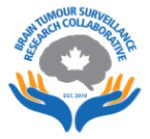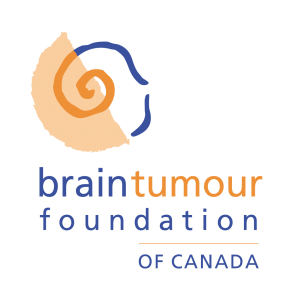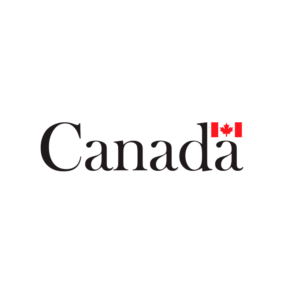Dr. Yan Yuan
Professor, PhD, MMath, MSc, BSc

Dr. Yuan, professor at the University of Alberta's School of Public Health (2011- present) received an undergraduate degree from the Nanjing University, China in 1996, followed by a MSc. from the Michigan State University, USA, and a MMath in Biostatistics & a PhD in Statistics both from the University of Waterloo, Canada in 2008.
Dr. Yuan's academic career focuses on cancer research. She led and collaborated in projects ranging from prevention, surveillance, diagnostic and screening, health service and survivorship with over 70 publications, of which fifteen are on the brain tumours surveillance in Canada. A recipient of the Early Career Award from the Canadian Institute of Cancer Research in 2017, Dr. Yuan received major research grants, including Canadian cancer society, Canadian Institutes of Health Research, Natural Sciences and Engineering Research Council of Canada and National institutes of Health (US).
Dr. Emily Walker
Adjunct Professor, PhD, MSc

Dr. Walker is a cancer epidemiologist and adjunct professor at the University of Alberta’s School of Public Health (SPH). She completed her MSc in Epidemiology through the SPH in 2013 and received PhD in Medicine, specializing in epidemiology and biostatistics in 2017.
Her work spans multiple areas of cancer research, ranging from risk factors and diagnosis to treatment approaches, health services issues and surveillance.
Although early in her career, Emily has almost 30 peer-reviewed publications and has been a co-applicant on major research grants, including from CIHR.
Feedback from the brain tumour community
Joseph F. Megyesi
“Our hope is that the Brain Tumour Registry of Canada will help us to better understand the cause of the many different kinds of brain tumours in Canada and worldwide, and that ultimately it will lead us to better treatments and possibly even a cure for this devastating disease.”
Marshall Pitz
It is critical to know the true incidence of brain tumours in Canada so that we can start to truly understand the burden of these diseases. For patients, I hope this means knowing they will have a voice in the numbers. For researchers, this means being able to more accurately understand brain tumours, the people they affect, and their impact in Canada.
Jennifer Gouchie-Terris
The creation of a national registry is the epitome of hope by ensuring that every brain tumour gets counted in Canada and providing us with a better understanding of the causes of the disease. Thanks to the hard work and unwavering commitment of so many people for over more than a decade, it is finally coming to fruition.
J. Easaw, MD
By improving our understanding of the incidence of brain tumours in Canada, we gain an understanding of the burden of disease between different geographical areas, between different socio-economic groups and within Canada as a whole. These estimates ultimately help us develop appropriate longer term cancer control strategies and be used by health authorities to plan the resources needed to treat patients with these tumours, deliver rehabilitation services, screen for recurrences and provide funding for longer term counselling and support.
Lawrence Traa
I am a brain tumour survivor. When I was diagnosed, six years ago, I went to an event where the researcher talked about how the data he was using was extrapolated from data from the USA and applied to the Canadian provinces. It’s so important that researchers use Canadian data. I immediately became an advocate for this Registry and am so pleased to see it come into existence.
Rosemary Cashman, Nurse Practitioner BC Cancer, Vancouver and Board of Directors Brain Tumour Foundation of Canada
The Brain Tumour Registry will permit the standardized collection of epidemiological data concerning benign and malignant brain tumours across Canada. This critical advance will provide a firm foundation for brain tumour research, facilitate the allocation of government funding to support patients and families and lead to improved access to better therapies for these diseases.
Our partners
Data have been provided for the 2019 surveillance report and the 2020 survival report by four provincial cancer registries: British Columbia, Alberta, Manitoba, and Ontario.
Data have been provided for the 2021 incidence and mortality report from Statistics Canada.
This work has been funded by Brain Tumour Foundation of Canada, the Brain Cancer Foundation through the Canada Brain Research Fund, with the financial support of Health Canada and in collaboration with the Public Health Agency of Canada.





